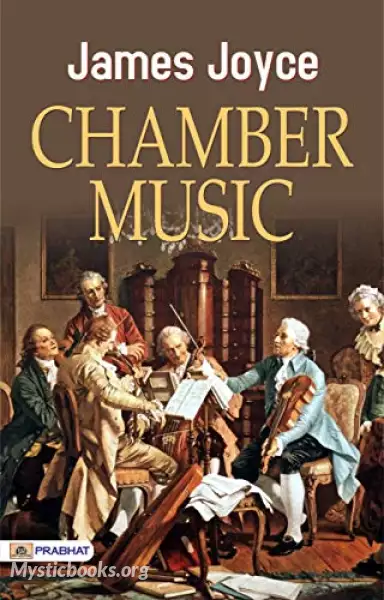
Chamber Music
by James Joyce
'Chamber Music ' Summary
Although it is widely reported that the title refers to the sound of urine tinkling in a chamber pot, this is a later Joycean embellishment, lending an earthiness to a title first suggested by his brother Stanislaus and which Joyce had come to dislike: "The reason I dislike Chamber Music as a title is that it is too complacent", he admitted to Arthur Symons in 1906. "I should prefer a title which repudiated the book without altogether disparaging it."
Richard Ellmann reports (from a 1949 conversation with Eva Joyce) that the chamberpot connotation has its origin in a visit he made, accompanied by Oliver Gogarty, to a young widow named Jenny in May 1904. The three of them drank porter while Joyce read manuscript versions of the poems aloud - and, at one point, Jenny retreated behind a screen to make use of a chamber pot. Gogarty commented, "There's a critic for you!". When Joyce later told this story to Stanislaus, his brother agreed that it was a "favourable omen".
In Ulysses, Leopold Bloom reflects, "Chamber music. Could make a pun on that."
In fact, the poetry of Chamber Music is not in the least bawdy, nor reminiscent of the sound of tinkling urine. Although the poems did not sell well (fewer than half of the original print run of 500 had been sold in the first year), they received some critical acclaim. Ezra Pound admired the "delicate temperament" of these early poems, while Yeats described "I hear an army charging upon the land" as "a technical and emotional masterpiece". In 1909, Joyce wrote to his wife, "When I wrote [Chamber Music], I was a lonely boy, walking about by myself at night and thinking that one day a girl would love me."
Book Details
Authors
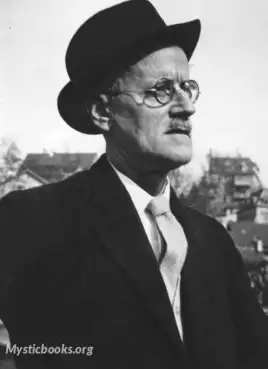
James Joyce
Ireland
The work and life of Joyce is celebrated annually on 16 June, known as Bloomsday, in Dublin and in an increasing number of cities worldwide, and critical studies in scholarly publications, such as the...
Books by James JoyceDownload eBooks
Listen/Download Audiobook
- Select Speed
Related books
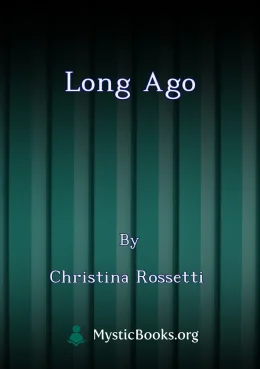
Long Ago by Christina Rossetti
“Long Ago” is a collection of poems by Christina Rossetti that explore themes of memory, loss, and the passage of time. The poems are often character...
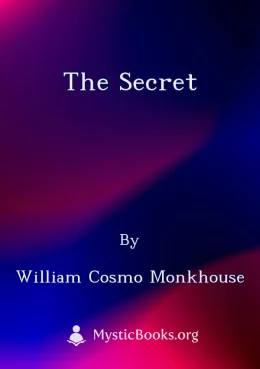
The Secret by William Cosmo Monkhouse
LibriVox volunteers bring you 17 different recordings of The Secret by Cosmo Monkhouse. This was the weekly poetry project for the week of November 4t...
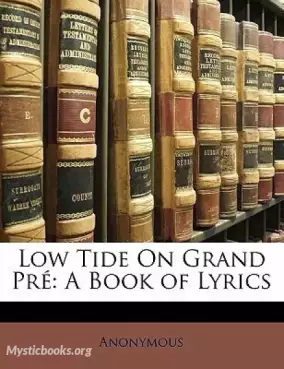
Low Tide on Grand Pré: A Book of Lyrics by Bliss Carman
The first of more than thirty books of poetry by Canadian poet Bliss Carman. "The poems in this volume have been collected with reference to their sim...
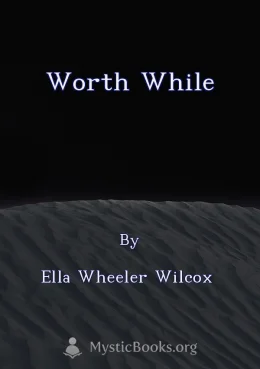
Worth While by Ella Wheeler Wilcox
Ella Wheeler Wilcox's "Worth While" is a collection of poems that explore themes of love, life, and the human condition. Wilcox's verse is known for i...
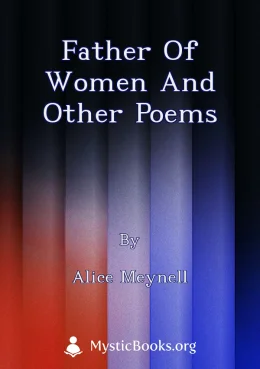
Father of Women and Other Poems by Alice Meynell
This collection of poems by Alice Meynell, published in 1922, reflects her life and work. Meynell was a prominent figure in the late Victorian and Edw...
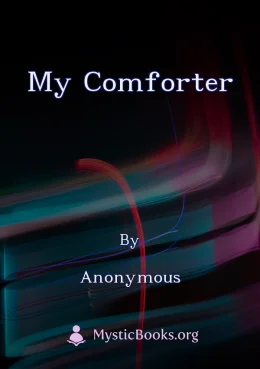
My Comforter by Anonymous
My Comforter is a collection of anonymous poems exploring themes of faith, comfort, and solace in the face of loss and adversity. The poems offer a ra...
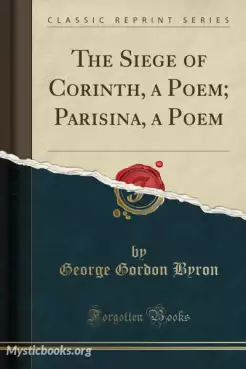
The Siege of Corinth by George Gordon, Lord Byron
The Siege of Corinth is a rhymed, tragic narrative poem by Lord Byron. Published in 1816 by John Murray in London with the poem Parisina, it was inspi...
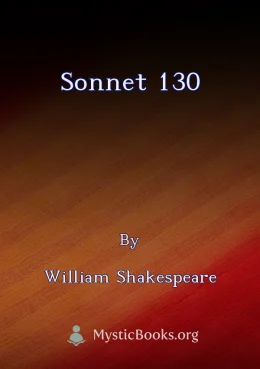
Sonnet 130 by William Shakespeare
LibriVox volunteers bring you seventeen different readings of Shakespeare’s Sonnet 130. This sonnet offers a look into the Elizabethan ideal of womanl...
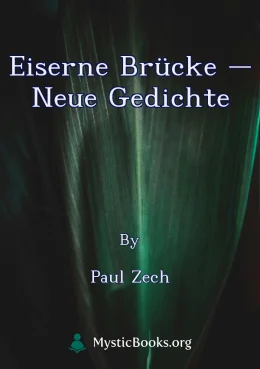
eiserne Brücke – Neue Gedichte by Paul Zech
This collection of poems by Paul Zech, titled 'eiserne Brücke – Neue Gedichte,' showcases the evolution of his poetic style. The book is divided into...
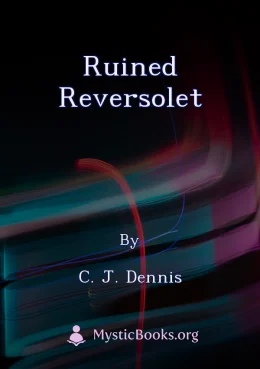
Ruined Reversolet by C. J. Dennis
A Ruined Reversolet is a collection of poems by C. J. Dennis, known for his work in Australian vernacular. The poems touch upon themes of everyday lif...
Reviews for Chamber Music
No reviews posted or approved, yet...